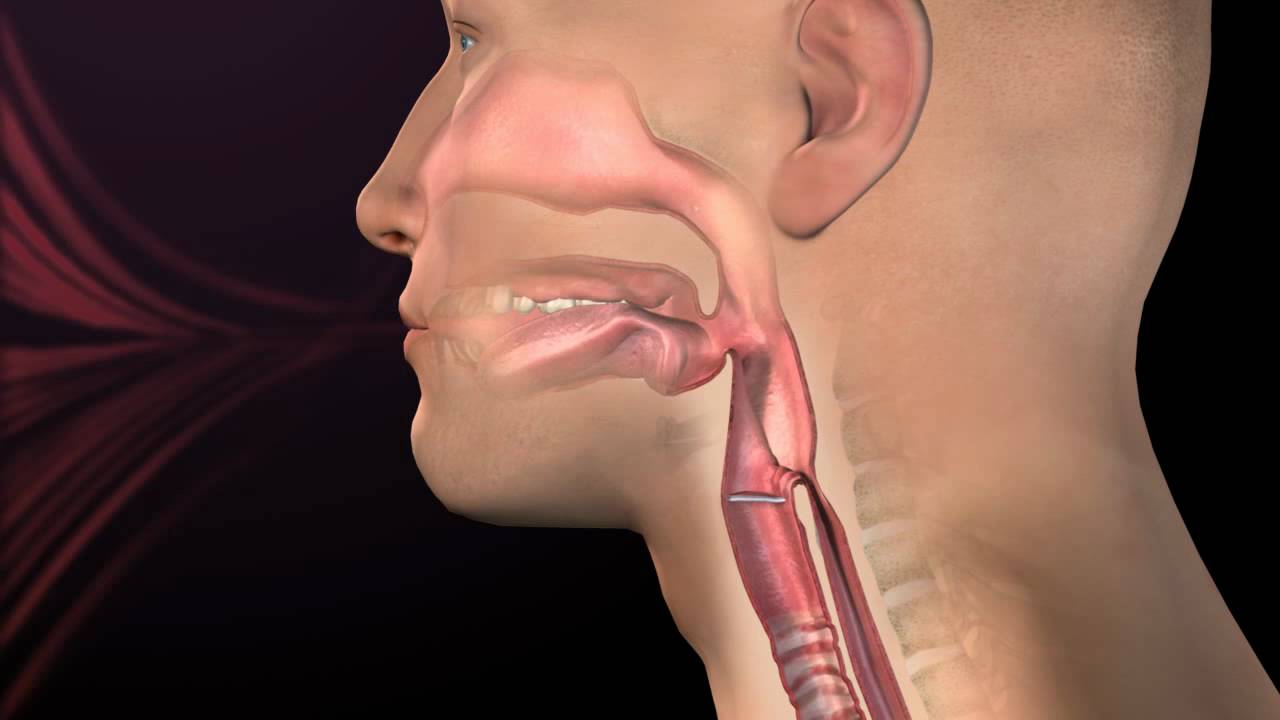
Adenoids, also known as pharyngeal tonsils, are a part of our body’s intricate immune system. Located in the back of the throat, these small masses of tissue play a crucial role in defending our body against infections. While often overlooked compared to their more famous counterparts, the tonsils, adenoids deserve our attention and appreciation for their astonishing functions.
In this article, we will delve into 14 fascinating facts about adenoids, shedding light on their importance and the impact they have on our health. From their role in fighting off respiratory infections to their connection to sleep disorders, these facts will not only enhance our understanding of adenoids but also highlight the significance of their proper care and maintenance. So, let’s embark on a journey through the remarkable world of adenoids and unravel their mysteries.
Key Takeaways:
- Adenoids, also known as the pharyngeal tonsil, are crucial for fighting off infections and play a big role in our immune system, especially during childhood.
- Enlarged adenoids can cause breathing difficulties, affect speech, and even impact dental health, but they tend to shrink as we grow older.
Adenoids are part of the lymphatic system.
The adenoids, along with the tonsils, are part of the body’s lymphatic system, which helps protect against infections and diseases.
They are most active during childhood.
Adenoids tend to be larger and more active in children, reaching their peak size between the ages of 3 and 7.
Adenoids can become enlarged.
Enlarged adenoids, also known as adenoid hypertrophy, can occur due to recurring infections or allergies, causing breathing difficulties and other symptoms.
They help fight off infections.
One of the main functions of adenoids is to trap bacteria and viruses that enter the body through the nose and mouth, preventing them from reaching the lower airways.
Adenoids produce antibodies.
These amazing glands produce antibodies that help the immune system identify and destroy harmful pathogens.
They can affect speech.
Enlarged adenoids can obstruct the nasal passages and affect the way we speak, leading to a nasal or muffled voice.
Adenoids can interfere with sleep.
When adenoids become enlarged, they can obstruct the airway, causing breathing difficulties during sleep, such as snoring and sleep apnea.
Adenoids play a role in dental health.
Enlarged adenoids can affect the position of the teeth and jaw, leading to issues like malocclusion and open mouth breathing.
They can be surgically removed.
In cases of severe adenoid hypertrophy or recurrent infections, doctors may recommend adenoidectomy, a surgical procedure to remove the adenoids.
Adenoids have a high blood supply.
These glands have a rich blood supply, allowing them to effectively filter and eliminate bacteria and viruses.
They can become infected.
Adenoiditis is the term used to describe an infection or inflammation of the adenoids, often caused by bacteria.
Adenoids can cause ear problems.
Due to their proximity to the Eustachian tubes, inflamed adenoids can contribute to frequent ear infections and hearing problems.
Adenoids can shrink over time.
As children grow older, their adenoids tend to naturally shrink in size, becoming less prominent in the adult years.
They have a role in the development of the immune system.
Adenoids play a crucial role in the early development of the immune system, helping to train and educate immune cells.
These 14 astonishing facts about adenoids (pharyngeal tonsil) highlight their importance in our immune system and overall well-being. From their role in fighting infections to their impact on speech and dental health, adenoids are truly remarkable glands. By understanding more about these fascinating structures, we can appreciate the complexity and resilience of our own bodies.
Conclusion
In conclusion, adenoids, also known as pharyngeal tonsils, play a crucial role in the immune system. These small tissues located in the back of the nasal cavity help to protect our bodies from harmful pathogens and infections. Despite their essential function, many people are still unfamiliar with the fascinating facts surrounding adenoids. From their development in childhood to their impact on sleep and speech, adenoids provide a wealth of knowledge for anyone seeking to understand the human anatomy.
FAQs
What are adenoids?
Adenoids, or pharyngeal tonsils, are a patch of tissue located at the back of the nasal cavity, behind the nose.
What do adenoids do?
Adenoids are part of the immune system and help to fight off infections by producing antibodies.
When do adenoids typically develop?
Adenoids usually begin to grow during infancy and reach their largest size around the age of 5 or 6 years old.
Can adenoids cause breathing difficulties?
Enlarged adenoids can obstruct the nasal airway, leading to breathing difficulties, particularly during sleep.
Do adenoids affect speech?
Adenoid hypertrophy, or enlarged adenoids, can impact speech by causing nasal resonance or a “blocked” sounding voice.
Can adenoids be removed?
Yes, if adenoids become chronically infected or cause significant problems, they can be removed through a surgical procedure called adenoidectomy.
Can adenoids grow back after removal?
No, adenoids do not regrow after they are surgically removed.
What are the signs of adenoid problems?
Common signs of adenoid issues include chronic congestion, mouth breathing, recurrent ear infections, snoring, and restless sleep.
Are adenoids the same as tonsils?
No, adenoids are located in the nasal cavity, while tonsils are positioned in the throat.
Can adenoids cause hearing loss?
Enlarged adenoids can block the Eustachian tubes, leading to fluid buildup in the middle ear and resulting in temporary hearing loss.
Adenoids play a crucial role in our immune system, but they're not the only fascinating part of our bodies. Dive into the wonders of respiratory health by exploring 23 great facts about lungs. If you're curious about sleep apnea, we've got you covered with informative sleep apnea facts. Struggling with nasal congestion? Don't miss our 10 must-know facts about nasal sprays. Keep learning and discover more astonishing aspects of your health and well-being.
Was this page helpful?
Our commitment to delivering trustworthy and engaging content is at the heart of what we do. Each fact on our site is contributed by real users like you, bringing a wealth of diverse insights and information. To ensure the highest standards of accuracy and reliability, our dedicated editors meticulously review each submission. This process guarantees that the facts we share are not only fascinating but also credible. Trust in our commitment to quality and authenticity as you explore and learn with us.


